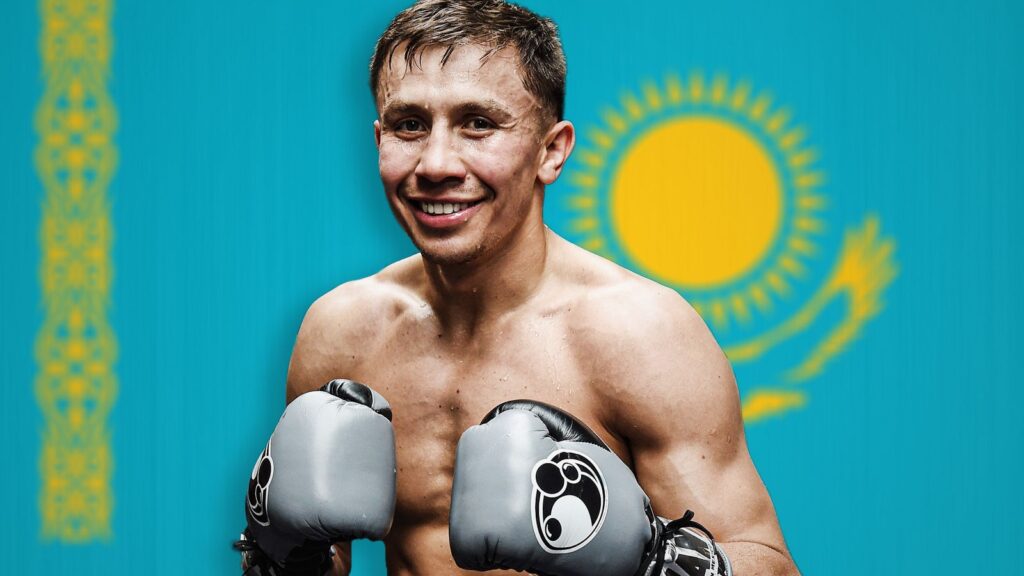Former world middleweight champion Gennady Golovkin is poised to take the helm of World Boxing as the organisation prepares for its most crucial period yet: the buildup to the Los Angeles 2028 Olympic Games. The 43-year-old, widely respected for his illustrious amateur and professional career, is the only candidate cleared by the independent vetting panel and is set to be officially elected president during Sunday’s vote. His first term will run until 2027.
Golovkin’s rise to the top leadership role comes at a defining moment for the sport. World Boxing, established to uphold integrity and restore confidence in Olympic-style boxing, stepped into the role previously held by the disbanded International Boxing Association. The IBA was stripped of its recognition by the International Olympic Committee in 2023 after persistent concerns over judging irregularities, financial mismanagement, and poor governance.
In his presidential manifesto, Golovkin emphasises his dedication to rebuilding trust and ensuring that boxing remains a permanent fixture at the Olympic Games. He reflects on his own journey—from winning Olympic silver in Athens in 2004 to becoming one of the most dominant middleweight champions in professional boxing. His campaign centres on values he believes should define the sport: discipline, transparency, and fair competition.
A key element of Golovkin’s programme involves strengthening governance structures and improving financial accountability within World Boxing. He also pledges to expand opportunities for athletes globally, ensuring that both men and women have equitable pathways to develop and compete at elite levels. Technological innovation is another priority, particularly in enhancing judging systems to eliminate past controversies and bring more consistency to scoring.
World Boxing took significant steps in 2025 when it organised its first world championships in Liverpool. The event introduced mandatory sex screening protocols to determine athlete eligibility—an issue that has increasingly dominated international sports discourse. The IOC is now assessing similar policies ahead of LA 2028, highlighting the importance of clear and enforceable regulations.
Golovkin’s presidency represents a turning point as the sport seeks stability after years of turbulence. With the IOC now recognising World Boxing, the new leadership era offers a chance to rebuild credibility and deliver a more transparent, athlete-focused structure. As preparations for the 2028 Olympics gain momentum, Golovkin’s vision aims to guide boxing toward a future rooted in integrity and global development.

